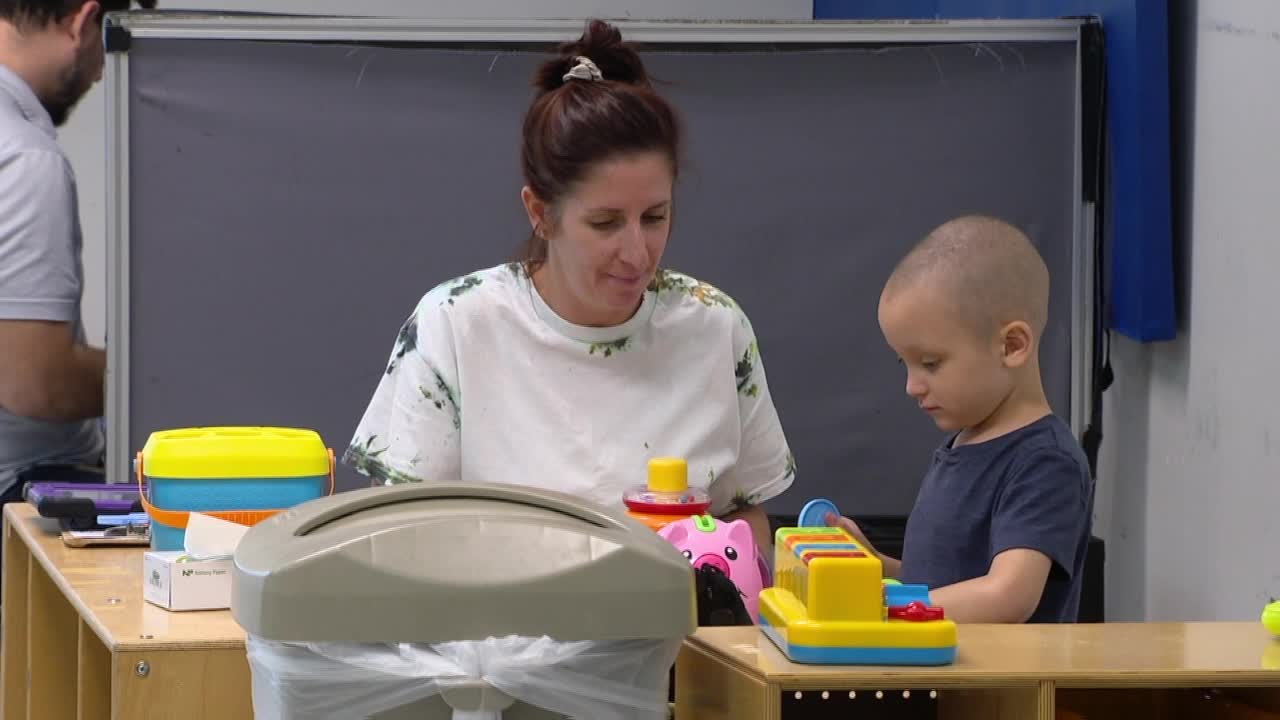GETZVILLE, N.Y. (WKBW) — Amy Jablonski, president of The Summit Center in Western New York, said she was shocked and frustrated following the Trump administration's announcement linking acetaminophen use during pregnancy to autism.
On Monday, President Trump said the FDA is now recommending pregnant women limit their use of Tylenol, saying that the drug creates "increased risk of autism." The agency is working to update the label of the drug in stores.
Several medical groups have already pushed back on the announcement, calling the links between autism and the medication "unproven." Jablonski, who has worked at the decades-old nonprofit in Getzville for 25 years, said she finds the claims highly unusual.
"I think it's very unusual to think that there will be a single cause of autism," Jablonski said.
The Summit Center offers support services and programs for people with autism and other developmental disabilities. Jablonski said the timing of the administration's announcement particularly shocked her.
"Research on autism has been going on for 50 years, and now all of a sudden, in a couple month period, we're going to find the true cause. That really, really shocked me," she said.
She pointed to existing research that contradicts the administration's claims.
"There were some early studies that show there could potentially be some link between Tylenol and autism, but the largest, most comprehensive studies that are longer term and have good research designs have disproven that link," Jablonski said.
WATCH: 'Really shocked me': The Summit Center reacts to Trump administration's acetaminophen-autism link
Jablonski also referenced similar research regarding vaccines and autism.
"There have been over 16 very large, well-controlled research studies from different researchers across all different countries that have completely disproven any link between vaccines and autism," Jablonski said.
Because autism exists on an incredibly wide spectrum, Jablonski said it may be difficult to identify a single cause.
"I definitely think there is more research needed," Jablonski said.
According to The Summit Center, autism diagnoses have increased significantly over the past two decades. In 2000, one in 150 children had autism. Today, that rate is one in 31, making increased investment in programs and services critical.
"We have hundreds of students on our waitlist, so there are kids who need good educational programs," she said. "We need more acceptance and tolerance of individuals who maybe are not like everyone else, and we need support for the individuals who do have more severe needs."
Jablonski believes future research should focus on finding appropriate treatments to support needs. The Summit Center provides services to more than 1,200 children and adults each year.




